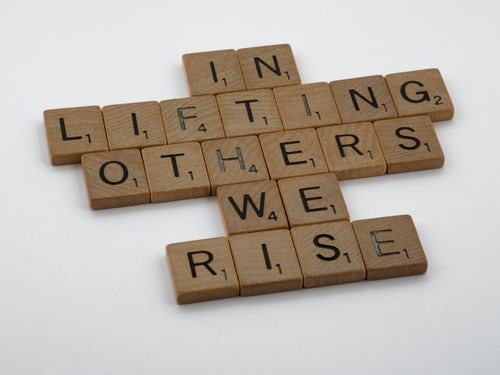The experiences we have growing up as children lay the foundation for the rest of our lives. The relationships we have with our parents, friends and family cements the way we perceive how relationships work and flourish, and it is also the basis of our belief of how safe the world is. It is reported that when a child experiences trauma, it is often their primary caregivers engaging in the behaviour and mistreatment of the child. This can create cracks in a child’s foundation and can impact the stability of a child’s safety and security throughout their developmental years and into adulthood. Childhood is a time of innocence and safety and a time to be loved and protected. Having stability in knowing you are protected by your family allows you to form solid and safe relationships later in life.
Trauma can come in many forms for children including interpersonal trauma such as physical, sexual and emotional abuse, family violence and neglect and acute traumas including life-threatening illnesses and natural disasters. As children, they rely on adults for their safety and protection, and can end up blaming themselves for the trauma as this is the only thing they have known. This blame has a direct effect on a child’s self-worth and confidence, which makes up the child’s foundation of self and who they are.
Many adult survivors of childhood trauma may think that their trauma is in the past and accept that it’s buried deep inside where it will remain safe if untouched. However, unresolved past trauma can harm the current feelings, emotions, responses, and even relationship decisions. Symptoms of childhood trauma may be able to be suppressed for a time but can be brought to the surface by another traumatic event, a high-stress situation or triggers that may remind you of the events, for example, your child reaching the age you were when the abuse occurred.
Symptoms may present differently for each person depending on the individual and their traumatic experiences. This may include anxiety, flashbacks, aggression towards others, or being neglectful towards their children. Until the trauma has been addressed at the core of the memories, these symptoms will likely continue throughout the individual’s life journey.
This will be a different process for each person, but it is important to see a professional trained in the latest trauma-informed practices to avoid re-traumatisation.
At the Australian Trauma Support Centre, we specialise in supporting people affected by trauma. We can support you through this and provide ways to assist you with the emotional trauma experienced. If you are finding yourself struggling to cope after a traumatic event, please get in contact with us or your GP. You are not alone and you do not need to keep feeling like this.



